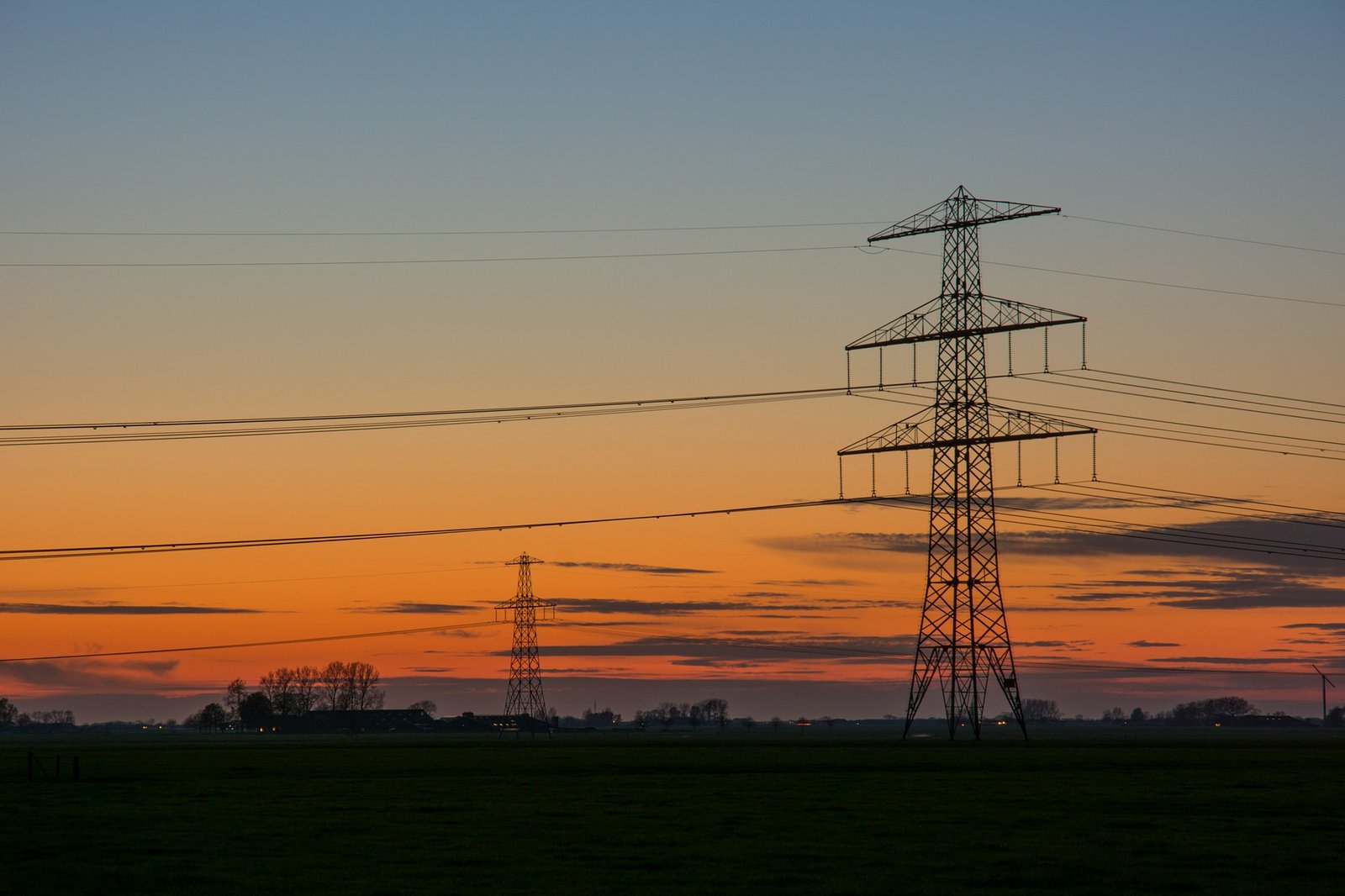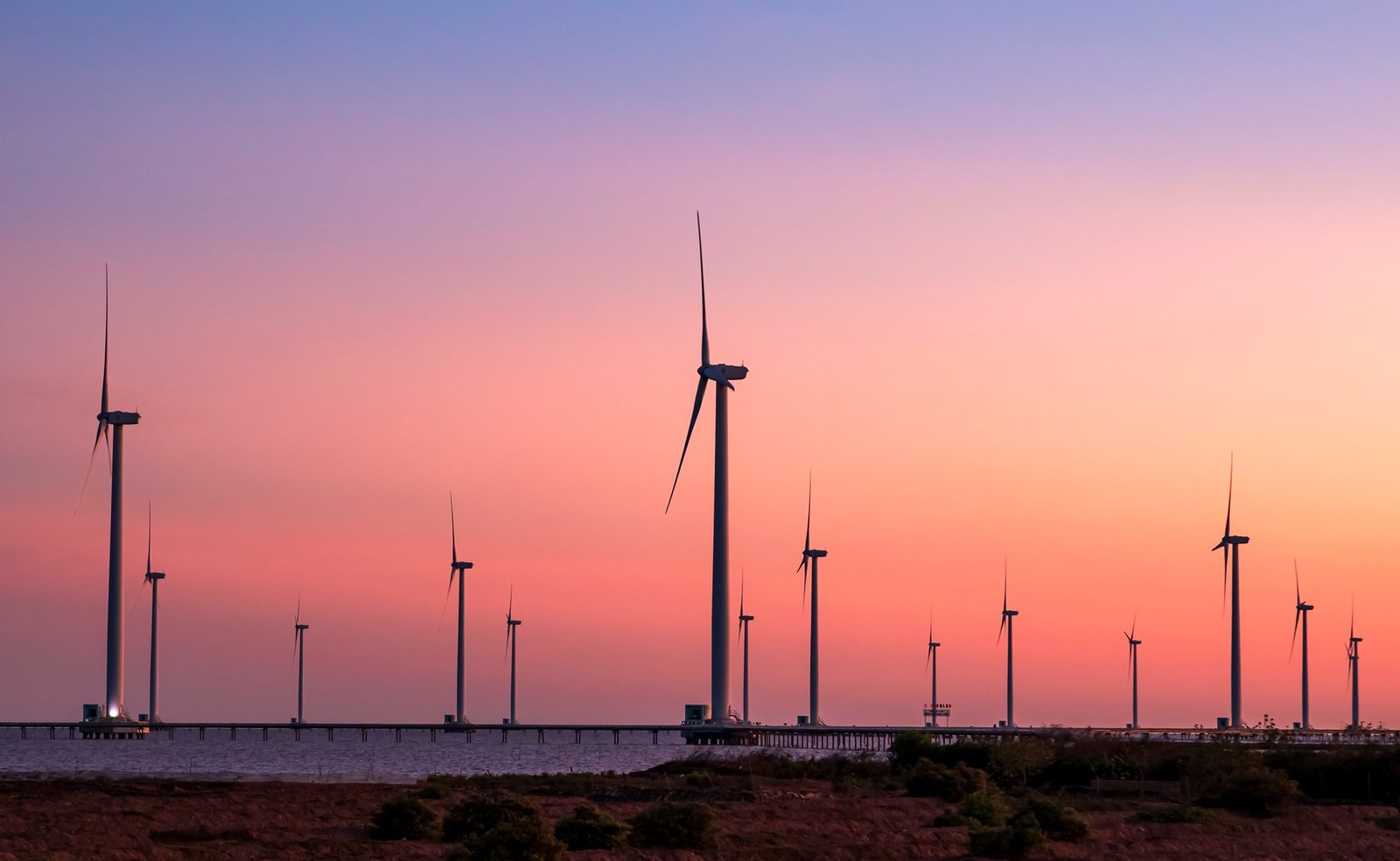The story so far: The world is facing an energy crunch as the supply of natural gas, coal and other energy sources fails to adequately satisfy demand. Natural gas prices have risen multifold in Europe this year while several factories in China have shut down due to power disruptions linked to the short supply of coal. The U.K., meanwhile, has witnessed many of its fuel pumps running dry and the country’s military has been called in to prevent any violence. India’s power plants are also running on critically low coal stocks.
Are energy prices affecting economic decisions?
The prices of natural gas, oil, coal and other energy sources have hit multi-year highs recently. The price of natural gas in Europe, for instance, has risen by over 400% since the beginning of the year while the price of electricity has risen by over 250%. China’s factory output in September shrunk for the first time in 18 months, thus putting the brakes on the country’s recovery from the coronavirus pandemic, owing to power disruptions caused by inadequate coal supplies. The Chinese Government has resorted to rationing power to manage the crisis.

Since energy prices affect economic decisions across the supply chain, the rise in prices has had a significant impact on economies with many companies in Europe and Asia shutting down unable to bear high energy costs. The price of domestic natural gas in India, which was hiked by over 60% last week, too has risen in tandem with international prices. Domestic coal prices set by Coal India, however, have failed to rise despite rising global prices. Thermal plants that run on imported coal have slashed imports due to rising prices and this is expected to lead to a drop in power production.
What has led to the energy crisis?
Analysts have attributed the rise in global energy prices to several factors. Some see the rise as driven primarily by the bounce back witnessed in consumer demand as economic activity returns to normal after the pandemic. Production, however, has failed to bounce back as quickly due to disruptions to the supply chain caused by the pandemic, it is said. The shortage of truck drivers who ferry fuel to pumps due to Brexit and restrictions imposed due to the pandemic, for instance, has been seen as a major cause behind the U.K.’s fuel crisis.
Other analysts see the rise in energy prices as an example of ‘greenflation’ caused by increasing restrictions placed by governments on traditional energy sources. Government regulators have in recent years increasingly worked towards encouraging renewable sources of energy in order to meet global emission targets. China last year pledged an aggressive 65% reduction in its emissions by 2030 and has cracked down heavily on coal mining. The U.K. already relies on wind energy to power a quarter of its electricity needs. It is believed that this aggressive push towards the adoption of renewable energy may have led investors to under-invest in traditional energy sources, in turn leading to insufficient supplies to meet rising demand. In fact, according to figures released by Rystad Energy, fresh investments in oil and gas field development by American and European oil companies shrunk by more than half between 2015 and 2021.

What lies ahead?
Energy supplies are likely to remain constrained for a while as it takes time for producers to boost their output in response to higher prices. The crunch is expected to worsen if a severe winter boosts energy demand further. Much will also depend on how governments respond to the current crisis. Price controls, while popular during times of crisis, may make things worse by affecting the incentive that producers possess to boost supplies. They may also encourage consumers to overuse energy and worsen shortages. The price cap on electricity is in fact seen as a major reason behind Chinese thermal plants shutting down as coal prices rise.
In India, reluctance to raise the price that consumers pay for electricity may leave power plants with very little incentive to boost production. In fact, three out of four power plants in the country possess less than a week’s coal in stock amid rising demand. Going forward, there could also be a backlash against renewable energy as more people realise the economic cost of achieving emission targets. With renewable energy sources such as wind and solar energy turning out to be unreliable especially during winters, countries may be forced to rely on traditional fossil fuels and governments may need to rethink their energy policy.
FURTHER READING
Chinese power cuts may disturb US$120 billion of trade flows













